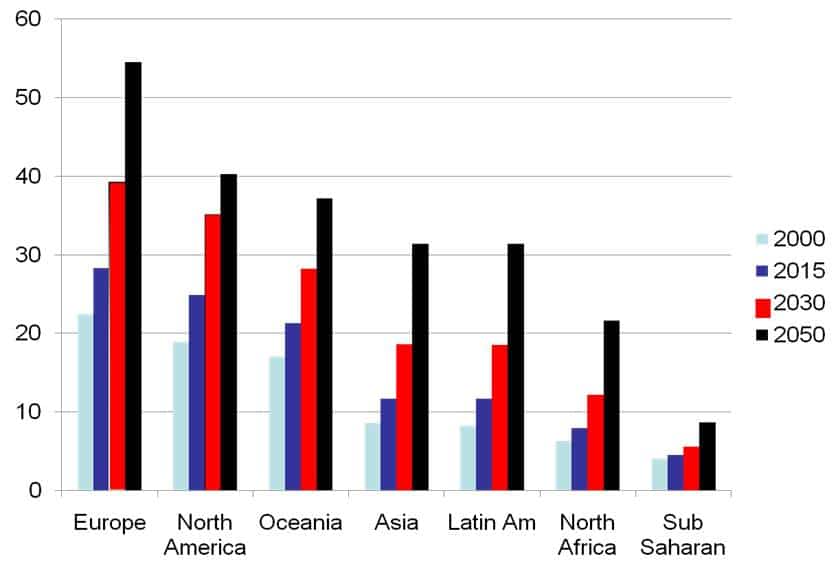SAN DIEGO, CALIFORNIA –Pipeline Therapeutics, a biopharmaceutical company focused on the development and commercialization of first-in-class small molecules for neuroregeneration, today announced the initiation of a Phase 1/2a trial of the company’s lead product candidate, PIPE-505, a small molecule gamma secretase inhibitor (GSI), in sensorineural hearing loss (SNHL) associated with hearing speech in noisy environments.
The Phase 1/2a trial is expected to enroll 24 adult patients, and will be conducted as a randomized, double-blind, placebo-controlled, safety, pharmacokinetic, and preliminary efficacy study of unilateral intratympanic PIPE-505 in patients with SNHL associated with speech-in-noise impairment.
Pipeline expects to announce topline results from this trial in early 2021.
“I’m delighted to announce the initiation of our Phase 1/2a trial for PIPE-505, which marks an important milestone for the company as our first program to reach the clinic. I very much look forward to sharing the topline results from this study in early 2021,” said Carmine Stengone, President & CEO of Pipeline Therapeutics.
“At Pipeline, I believe we have assembled the world’s foremost experts in synaptogenesis, remyelination and axonal repair, with PIPE-505 being just the first of many planned drug candidates intended to regenerate critical CNS pathways in large patient populations with hitherto untreatable neurological conditions. The dual mechanism of action for PIPE-505, involving repair of the cochlear synapse and the regeneration of outer hair cells critical for hearing quality and sensitivity, uniquely positions this small molecule to address two of the main cochlear elements commonly lost in SNHL. As such, we believe PIPE-505 holds significant promise as a potential therapy for patients suffering from this form of hearing loss, of which we estimate there to be some 10 million in the U.S. alone.”
–Carmine Stengone, President & CEO of Pipeline Therapeutics
“I’m excited to be part of this clinical study, not only because of the promising preclinical data generated by the program thus far, but also because of the potential this specifically-designed molecule holds for a patient group with little to no current treatment options,” said Professor Hinrich Staecker, M.D., Ph.D., at the University of Kansas Medical Center’s Otolaryngology, Head and Neck Surgery Department.
“Cochlear synapse regeneration, the therapeutic focus of PIPE-505, has the potential to improve speech-in-noise comprehension by aiding signal-to-noise processing, a hearing disability believed to arise secondary to cochlear synaptopathy.”
About the Phase 1/2a trial
The trial is a randomized, double-blind study of PIPE-505, or placebo, administered unilaterally with a single intratympanic injection, in subjects with hearing loss associated with speech-in-noise impairment. The study’s primary outcome measure is safety, defined as the occurrence of treatment-emergent adverse events from baseline to 3 months follow-up. Preliminary efficacy will be assessed by audiometry and other audiological tests to explore the effect of a single unilateral intratympanic injection of PIPE-505 on signal-to-noise processing, hearing thresholds, and electrophysiological measures of cochlear function.
About Pipeline Therapeutics
Pipeline Therapeutics is a biopharmaceutical company focused on the development and commercialization of first-in-class small molecules for neuroregeneration, including synaptogenesis, remyelination and axonal repair. The company’s lead clinical program, PIPE-505, is currently enrolling patients in a phase 1/2a study to treat mild-to-moderate sensorineural hearing loss (SNHL) associated with speech-in-noise disability. The company also has a portfolio of programs addressing a range of neurological disorders, including development candidate PIPE-307 which is focused on remyelination to treat multiple sclerosis.
Source: Pipeline Therapeutics






